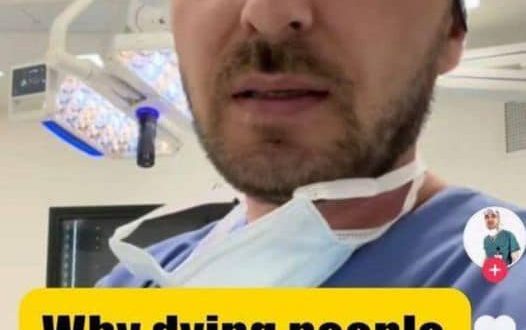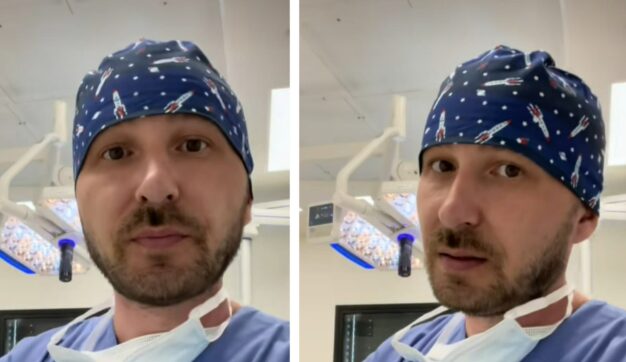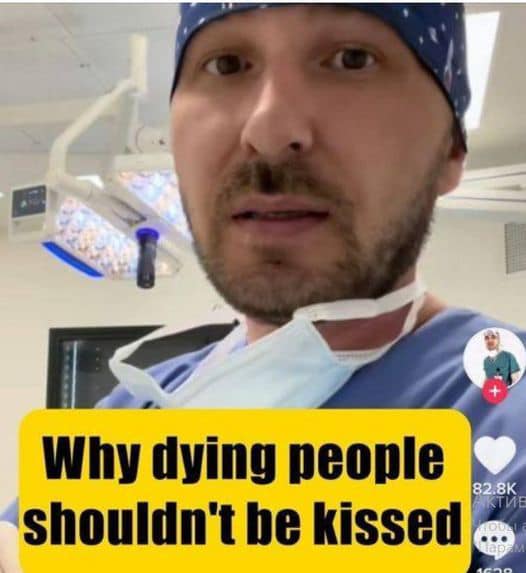
In recent times, Dr. Viktor Ivanovik, a respected Moldovan physician, has become a focal point on TikTok, where he’s amassed nearly 300,000 followers.
His latest post sparked widespread conversation by discussing the potential dangers of kissing the deceased during emotional farewells. This particular video has gained significant attention due to its focus on a somewhat neglected health topic.
The act of kissing loved ones after they’ve passed may seem like a comforting last goodbye, but Dr. Ivanovik warns against it. Understanding the medical rationale is essential.
When a person dies, their body begins to decompose, which can introduce a host of health risks. The decomposition process affects all bodily systems, and often the risk factors are not visible to the naked eye. These could pose health risks to the living, including bacteria that might compromise one’s immune system.

A significant part of this discourse centers on the impact such actions might have on the sensory perception of the living. As decomposition sets in, a variety of olfactory changes occur, and these can affect your sense of smell permanently or temporarily. Such impacts on senses are frequently understated but can be considerable over the long term.
The reactions to Dr. Ivanovik’s video have been mixed. Many have taken the health warning seriously, recognizing the potential risks that they had not considered before.
Others have shared personal stories, emphasizing the emotional significance of such gestures at the time of loss. For many, the act of kissing a deceased family member is deeply rooted in tradition and culture, which complicates this practical advice with emotional and spiritual considerations.
It is essential, therefore, to strike a balance between cultural practices and health considerations. Each family and community handles grieving differently, and understanding this is crucial to fostering compassionate healthcare practices that respect individual beliefs while safeguarding health.
The role of social media, and platforms like TikTok in particular, has been instrumental in spreading awareness about this overlooked health issue.
The vast reach of these platforms allows health professionals like Dr. Ivanovik to connect with a broader audience globally, highlighting the importance of understanding the less-discussed aspects of health and safety at a time of loss.
In conclusion, while it’s perhaps instinctive to draw loved ones closer during such emotional times, considering the health implications is equally important. It’s vital to seek advice from healthcare professionals who can provide guidance and insights into how to manage these delicate situations effectively.
As conversations about health continue to evolve, social media will undoubtedly remain a critical aspect of raising awareness about various health concerns, making it easier for individuals to access expert advice conveniently.
We would love to hear your thoughts and experiences regarding this topic. Feel free to share your opinions and comments with us!




